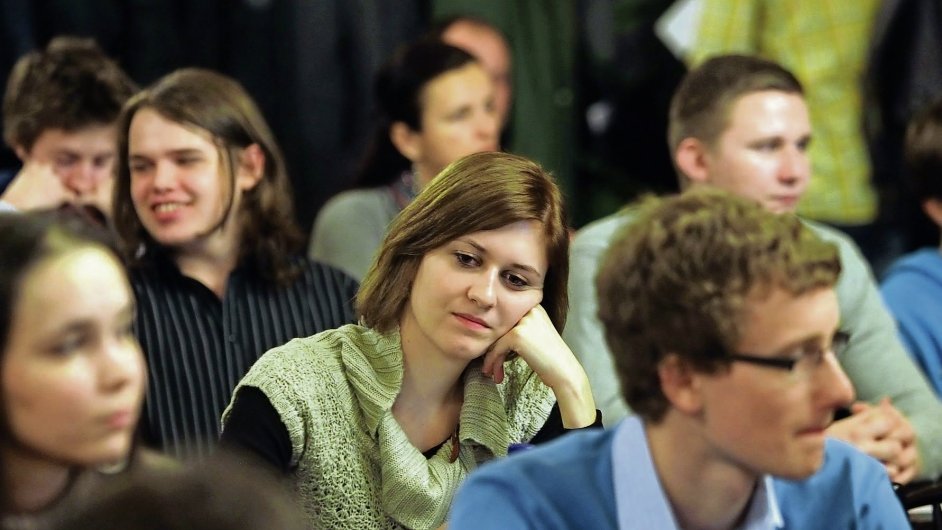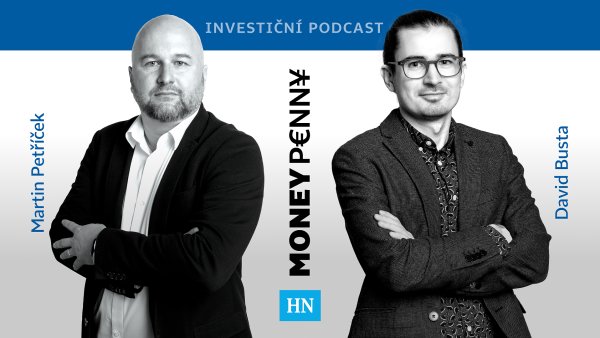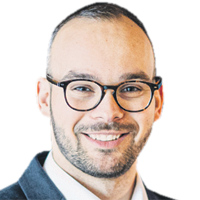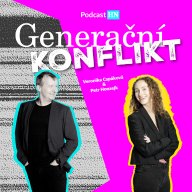Erasmus+ represents not only possibilities to study abroad for one or two semesters. It covers different projects or programmes which allow especially young people to spend some time in a foreign country, get new experience, learn something new or work there. Originally these projects such as youth exchanges, training courses and European voluntary service are organized by non-profit organizations and originally were under the Youth in Action programme.
Why does Erasmus exist? Why does someone think that it is cool to let twenty young people meet for one week for example in Moldova? After the 2nd world war, as a part of the Marshall plan, some people helped with the rebuilding of Europe. They thought that it was a good idea for young people to still meet each other and to work on some issue.
The idea of the international projects and exchanges started in the 70’s. Even Erasmus has just celebrated 25 years of its existence and has allowed hundreds of thousands of young people to go somewhere and explore new countries.
Erasmus+ is starting now
Now we are entering the new era of Erasmus+ for the years 2014-2020, as a part of a strategic plan called Europe 2020, a basic document of the European Commission which serves as a guideline of priorities and goals. All the programmes such as Youth in Action, Erasmus, Grundtvig and others transferred into Erasmus+. Basically, they are pretty much the same, but what has changed are the involved countries and also the amount of money which the organizations and participants will receive.
All the projects used to be for the EU countries, partner countries and the others like the Caucasus countries. People from these countries could take part in e. g. Youth in Action projects mostly thanks to French and German tax payers. However, the situation has changed now, Europe feels itself to be in crisis and does not want to support the others so much.
In consequence, only organizations from programme countries can apply for the projects (namely the EU countries, countries of EFTA, Turkey and Macedonia), the partner countries from Caucasus, Balkan, Mediterranean and also Switzerland are out now.
Erasmus+ is divided into three key actions and the programmes which used to be under the Youth in action (European voluntary service, youth exchanges and training courses) are part of the Key Action 1 now. Basically, an organization of the programme countries, that wants to organize a project focused on any topic (intercultural learning, breaking stereotypes, fighting discrimination, communication, creativity), applies for a grant from the national agency and if the application is approved, the project can be held. You can find many offers in the Facebook group Youth Projects Czech Republic. https://www.facebook.com/groups/520036428064646/
People can take part in youth exchange programmes or training courses
The two basic types of short term projects are youth exchange and training courses. As a part of both of these projects, there are (usually) young people from various countries meeting each other in one place to work on various topics. Youth exchanges are focused on less experienced people, sometimes it is their first opportunity to travel abroad and meet people from other countries. There are at least four people per country plus one group leader – more experienced person who helps the others.
The people are learning from each other, the activities are facilitated by the groups and coordinated by the leaders. The hosting organization is not responsible for everything, each group should prepare some kind of activities before coming.
In the training courses, there should be at least one participant per country and there is no up age limit. It takes usually from 7 to 10 days, as the youth exchanges, and it has a similar structure. The main difference is that there is one or more trainers or facilitators who manage the sessions. The participants should be more experienced, have some previous practice and be able to transfer the knowledge forward. They are not only young people but also youth workers or project managers.
European voluntary service is for someone who wants to get to know a foreign country
European voluntary service (EVS) is an opportunity for people from 18 to 30 years to go abroad and get experience of doing public work for a NGO and to be included in a different society. The EVS divides into a short one up to two months and a long one up to twelve months.
“I recommend a long term EVS to really get to know the people and community in a foreign country. It was not created for people who just don’t know what to do during two months of summer holiday and they want to spend some time abroad for free,” says trainer and previous volunteer Ilona Olehlová.
Practically, an applicant needs hosting and a sending organizations. There are databases of free places for volunteers, so you just write an e-mail to the organization like: “Hello, I like your project, I want to be your volunteer.” Or the second option, ask for help your sending organization, because it usually has established contacts with the others. Both the organizations are responsible for you, they give you preparing trainings and also a local tutor helps you to handle all the possible problems or inconveniences.
When you choose your EVS, be sensible. It is not a travel agency, do not go somewhere just because it is Paris. The most important is the activity of the project so if you are not good at work with little children do not be a kindergarten teacher. However, the character of the venue of the EVS is important too.
“One girl said she could go anywhere so she was sent to a small French village. Then she quit her EVS after two months because she couldn’t spend all the time with only fifty people,” says Ilona. So choose wisely which challenge you would accept and which not.
Be prepared that you will probably send thirty or forty e-mails before you get a favourable answer. Then it takes up to three months to get the confirmation from the national agency that the organizations will receive a grant for you and next one to two months to get all the documents such as visa or insurance. Next deadline will be in October so you can start your EVS in 2015.
The hosting organization arranges accommodation for you, it should look like a “university student housing” but it differs a lot from country to country. The organization will also give you some pocket money to buy food and to cover your needs.
Final tips: do not go anywhere with your friend or partner because you will spend the time with him/her and not with the local community. You also cannot work or study at university, while having voluntary visa. You could be deported if you broke the conditions of it.
Bottom line: What do you think about the opportunities of going abroad through Erasmus+?
 Přidejte si Hospodářské noviny
mezi své oblíbené tituly
na Google zprávách.
Přidejte si Hospodářské noviny
mezi své oblíbené tituly
na Google zprávách.
Tento článek máteje zdarma. Když si předplatíte HN, budete moci číst všechny naše články nejen na vašem aktuálním připojení. Vaše předplatné brzy skončí. Předplaťte si HN a můžete i nadále číst všechny naše články. Nyní první 2 měsíce jen za 40 Kč.
- Veškerý obsah HN.cz
- Možnost kdykoliv zrušit
- Odemykejte obsah pro přátele
- Ukládejte si články na později
- Všechny články v audioverzi + playlist





